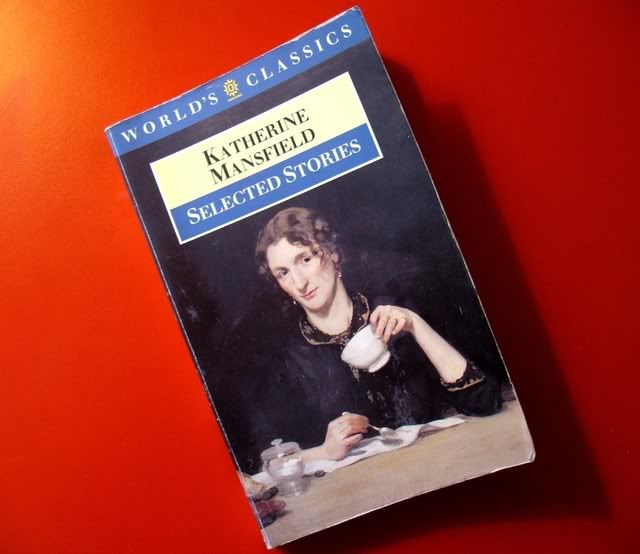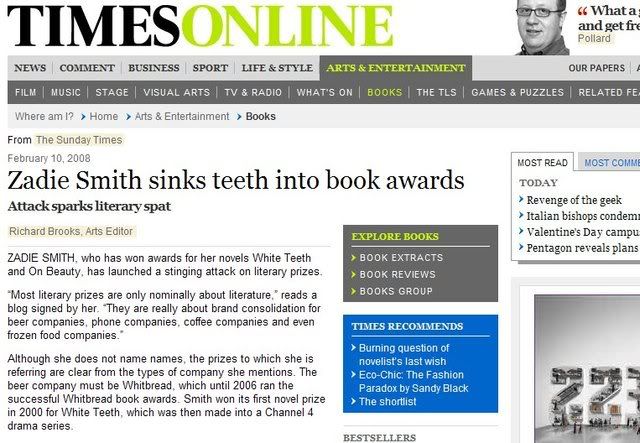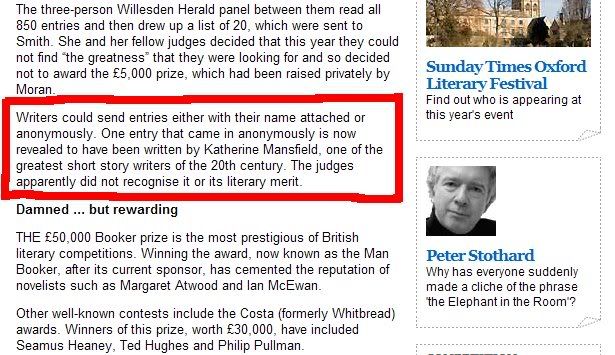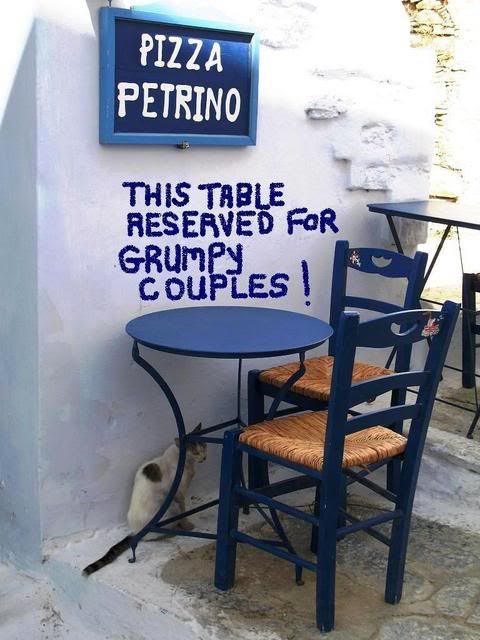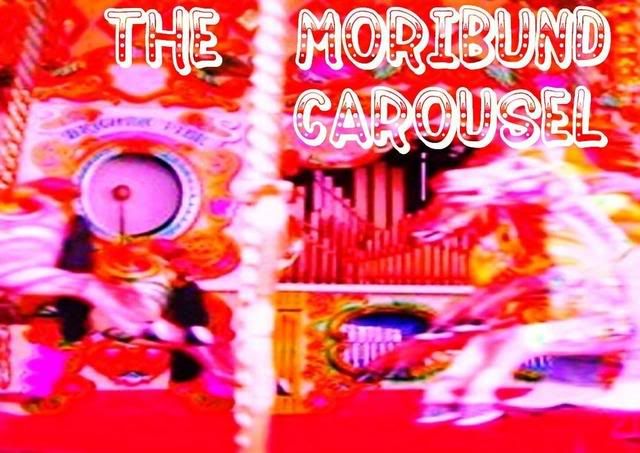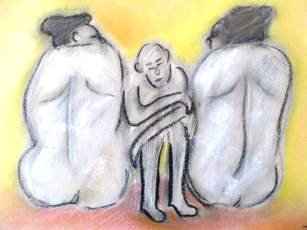Don't Take This The Wrong Way, But ...
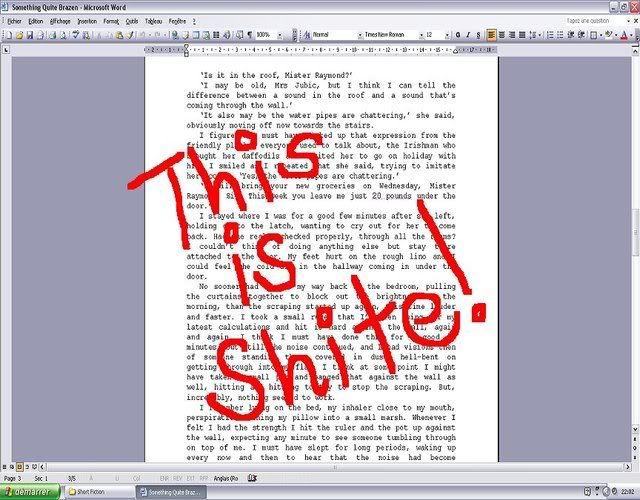
We writers just want to be loved, don't we? We just want people to read our stuff and go WOW! Give that writer a book contract! Sadly, it can never be like that. Receiving criticism is something we will always have to deal with. Even the masters get criticised - no matter how high up the tree they are - and there's never an easy way to deal with it. I try to remind myself that criticism is healthy and good, and it can be turned around to our advantage. It doesn't have to be the big bad monster under the bed. Anyway, what's worse: getting criticised, or not getting noticed?
A little while ago I received a long email from someone who reads this blog. I was surprised to see that it was a long, detailed critique of a short story I'd written. Now, I could've reacted badly. I know some people who would've reacted badly in my shoes. I could've cried over the fact that my work had been laid out under a harsh light and dissected. I could've questioned the motives of this man, who'd never before been in touch with me. I didn't though. I saw this as a huge act of generosity and kindness. Someone who teaches English and writing (from what I gather) had sat down and actually analysed the words I put together. He had actually taken the time - and we all know how precious our time is nowadays - to offer suggestions on how the story could be improved. All this for me, without even being paid! (I hope he's not waiting for a cheque!)
I think what made this email easier to embrace was the fact that this man, whose own writing I like, made it clear where he was coming from right up front. He said he liked my story but thought there were ways to improve it. Every point he rose was backed up with a reason, and I think that's what good criticism is. Criticism that comes with a clear reason is like receiving a pot of gold. It was great to be able to go back through my story and decide whether or not I agreed with his points. As it turned out, I did agree with many of the things he brought up because the reasons were so compelling, but others I chose not to take up. I also had my own reasons for doing certain things. When I emailed to say thank you for the critique, and that I'd been very happy to receive it, the man replied by saying he was glad I hadn't taken his initiative the wrong way. (The story I'm referring to, by the way, is Little Pixie, which has recently been reprinted by Jessica Schneider on the Monsters and Critics site, in the original fiction section).
It's easier said than done, but I don't think writers have anything to be worried about when someone reacts to a piece of work with criticism - as long as it's constructive and the motive is improvement. The process forces us to ask why we have done certain things. Often the criticism will simply highlight something we ourselves had already put a question mark over. Sometimes it will show up a need to be clearer. Also, it's good to remember that the criticism is not about us, it's simply about something we produced - just one of the many things we might go on to produce. There's no need to take this criticism personally. I know, it's easier said than done!
I believe external criticism also boosts our own ability for internal criticism. We take more care about what we're writing, why we're writing it and how we're writing it. We become more confident about our own reasons and motivations. If someone questions something later, we might be able to tell them exactly why it was done like that. We can thank them for their criticism but be confident in our reasons for not taking up their advice. (It's also important to think about where the criticism is coming from: if the person criticising your poem admits that they actually hate reading poetry and books, you might want to get a few opinions before pushing the delete key).
I remember in journalism school being shouted at by a tutor over a story and photograph I wanted to submit to a newspaper. She told me the photo was wrong because the "subject" wasn't in the centre of the photo. I told her the empty space in the middle had been deliberate to show the void between a dying patient and a hospital worker struggling to get around to all of those in need of attention. My tutor talked me into submitting the story without the photo, but we included a note to say that the paper's own photographer might like to go to the hospital to get a shot. The feature was accepted and I was pleased to see it printed the following week with a photo similar to what I'd proposed: there was a mighty gap in the middle between the patient and the hospital worker. I have learnt that when we do something with a good reason in mind, we are able to confidently deal with any criticism.
Of course, there are times when we get ourselves into a pickle. We can no longer tell if we agree with the criticism or not. We lose a grip on why we did something in the first place. We feel unable to decide whether someone's criticism is valid or not. We go ahead and change things just because someone said so, without deciding whether we agree or not. We spend hours agonising over whether something is good or bad. In these situations, I think it's better to stand back. Put the criticism aside. Go back to it when everything's not swimming around. It's important to sort out in our own mind what we were trying to do, what we were trying to get across. Later, when we look at the criticism again, hopefully we'll be able to see things more clearly. Getting several opinions is also good; not from loved ones, who might just want to tell us what we want to hear, but people who are not afraid to be honest, whose work we like, whose opinions we respect.
I really would like to think that if someone felt uncomfortable about leaving a critical comment at the end of my short stories or poems, then hopefully they would consider sending me an email. I would welcome it. If the reasons make sense and I agree with them, I would be happy to edit the work. We can always improve. We can always be helped along by others. Let's just say here and now that all poetry and fiction on this blog are works in progress!
